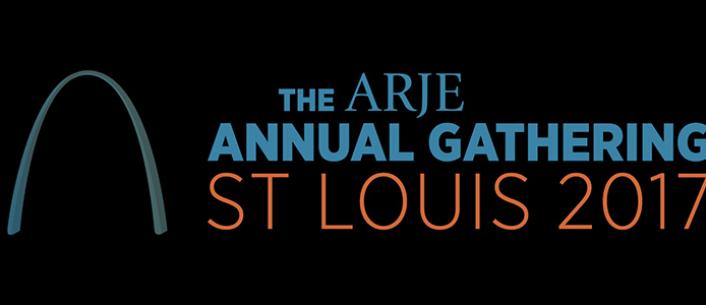With its focus on leadership and professional development, the ARJE Gathering in St. Louis was a perfect time to learn new ways to engage in reflective teaching while catching up with far-flung friends, classmates, and colleagues. It was also an opportunity for us at Behrman House to hear about what is happening in congregational schools large and small.
One thing in particular struck us: Hebrew remains central in congregational school programs. Educators are infusing their settings with Hebrew through intentional use of key words and labels throughout their spaces and in communications during sessions. Many add a few minutes of informal Hebrew in the form of movement games as a way to help children burn off a little energy Jewishly, and to have some fun.
The primary focus, however, is basic skill development - improving learners' abilities in Hebrew. What’s more, many educators report how insistent parents remain that their children learn to decode, to know the prayers and blessings, and prepare to participate in the rituals they care deeply about—Passover seders, bar and bat mitzvah, and handling themselves in synagogue services.
Educators are employing myriad strategies to advance their goals in Hebrew, and report both challenges and successes with all of them. We are consistently amazed at the creativity educators bring to this endeavor. It seems to take a lot of tinkering to get the mix just right for each individual community and its specific learners. Importantly, no singular approach or set of materials stands out as a universal answer to the question of how to best teach and learn Hebrew in the congregational setting. It is just as our colleague Marlene Myerson often points out, “There is no such thing as one size fits all.”
Some examples of the strategies we heard about:
• Modern Hebrew focus, with skills sessions using prayers and blessings for reading practice
• Hebrew through Movement as a short energizing break leading into skills sessions devoted to decoding and prayer learning
• Prayer focus combining tefilah sessions focused on kavanah and meaning with skills sessions devoted to reading practice using texts that feature common decoding challenges
• Prayer learning with modern Hebrew supplements that encourage interest in Israel
• Small group sessions in homes featuring skills work while building relationships among families
• One-on-one sessions for concentrated skills work paid for separately by parents
• And of course, we were eager to hear from educators who want to teach Hebrew through music and are experimenting with our new Hebrew in Harmony multi-media materials
It was enlightening to be reminded of the ways educators are developing to keep their learners at the center, striving to meet their needs and also the expectations of parents. We at Behrman House are pleased to be your resource for the kinds of learning you seek to establish in your environment.
Are you rethinking your approach to Hebrew?




